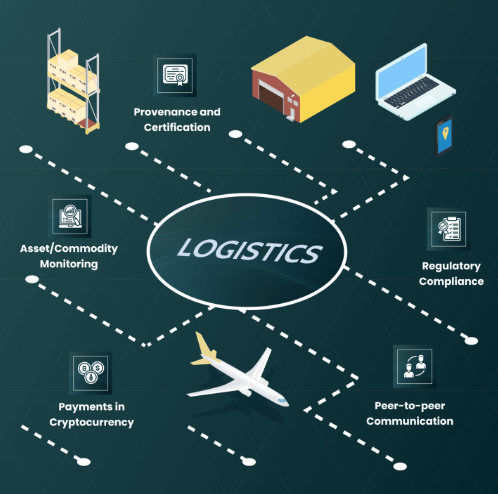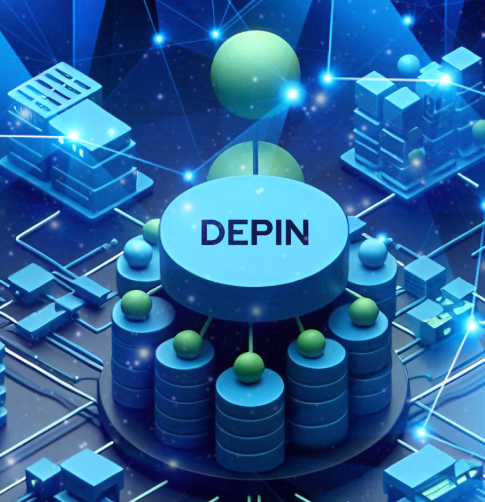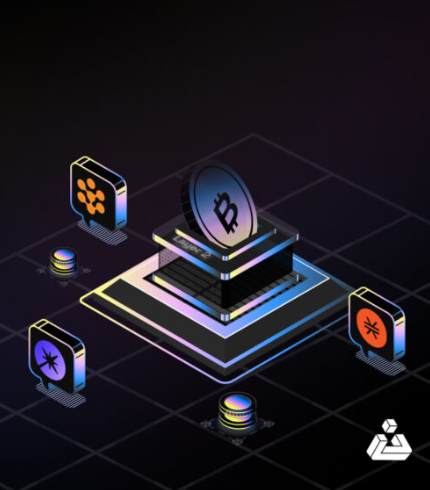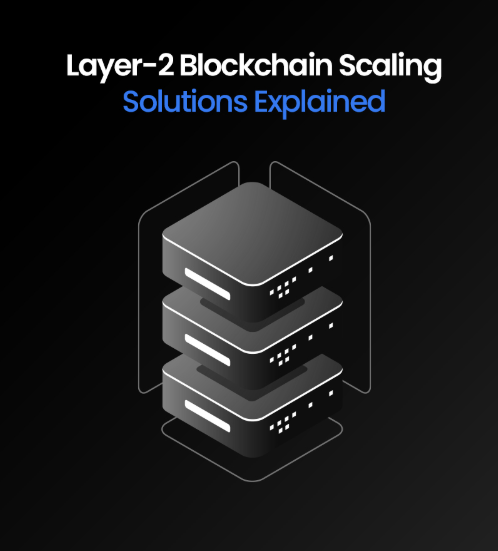
In the world of Web3, startups are driven by the need for speed and adaptability. As the technology landscape evolves rapidly, staying ahead requires a new approach to talent acquisition and project management. This is where the Web3 freelance economy comes in, offering a more flexible, transparent, and scalable model for building high-performing teams. Unlike traditional hiring practices, the Web3 freelance economy taps into decentralized platforms, smart contracts, and tokenized incentives to connect founders with specialized talent worldwide. Here’s how Web3 founders can take full advantage of this growing ecosystem.
The Importance of the Web3 Freelance Economy for Founders
For Web3 projects, talent is the key to success. Beyond technological innovation, the ability to attract and retain the right people can be the deciding factor in whether a project flourishes or fades. The freelance economy in Web3 allows founders to build and scale their projects by tapping into specialized skills and talent pools from around the world, all while maintaining flexibility and efficiency.
1. Access to Highly Specialized Talent on Demand
Web3 involves complex technologies such as decentralized finance (DeFi), zero-knowledge proofs, and DAO governance models, which often require very specialized skills. These aren’t skills typically found through traditional recruitment processes. Web3 freelance platforms offer access to these highly specialized professionals, allowing founders to scale their teams based on their evolving project needs. Here are some ways this model benefits Web3 startups:
- Global Talent Pool: Whether it’s hiring a Solidity developer for smart contract audits or a cryptographer for privacy features, Web3 freelancing provides access to niche expertise from across the globe.
- Adaptability: As your project grows or shifts in direction, Web3 freelancers can be brought in to address specific, temporary needs without the commitments of full-time hires.
- Reduced Hiring Risks: Engaging freelancers on a project basis allows you to evaluate their performance before making long-term commitments, ensuring better hiring decisions.
The ability to quickly assemble specialized teams is critical in Web3, where market conditions and product requirements change rapidly.
2. Maximizing Cost Efficiency
In a volatile market like Web3, efficient use of capital is crucial. Freelancing offers a way to scale your workforce without the overhead that comes with traditional full-time hiring. This is how Web3 freelancing helps optimize your budget:
- No Hidden Costs: Traditional hiring comes with recruitment fees, benefits, office space, and other overheads. Web3 freelancing eliminates these, allowing you to allocate more resources to growth and innovation.
- Flexible Compensation: Web3 projects can offer competitive pay using a mix of fiat, stablecoins, or even the project’s native tokens, maintaining cash flow while offering meaningful incentives.
- Pay-for-Performance: Smart contracts enable milestone-based payments, so you only pay for value delivered, not time spent.
This flexibility in compensation and payment methods ensures that startups can stay lean and avoid draining their resources prematurely.
3. Agility and Scalability
Web3 projects are dynamic, with market conditions shifting on a near-daily basis. Speed and agility are essential. Here’s how freelancing in Web3 provides scalability and flexibility:
- Rapid Onboarding: Decentralized freelance platforms use reputation systems and on-chain credentials, which help you onboard talent quickly, minimizing vetting time.
- Modular Teams: Web3 projects thrive on flexible, modular teams. You can expand or contract your team in real-time to respond to specific market shifts or technical challenges.
- Cross-functional Collaboration: Freelancers can be brought in for a variety of tasks—be it smart contract audits, marketing campaigns, or UI/UX design—without the coordination issues typically faced in traditional organizational structures.
This fluidity allows projects to move faster than traditional companies that are often bogged down by hierarchical decision-making processes.
4. Tokenized Compensation and Long-Term Incentives
Traditional freelance relationships are often transactional, but Web3 allows for a more collaborative, long-term approach through tokenized compensation. This ensures that contributors are more than just workers—they become stakeholders in the project’s success:
- Tokenized Payments: Pay freelancers with governance tokens or NFTs that have real value within the ecosystem, turning them into long-term contributors who are invested in your success.
- Vesting and Staking: Implement vesting schedules for tokens, incentivizing contributors to stay engaged and deliver value over time.
- Shared Growth: As your project grows, so does the value for your contributors, creating a more sustainable and mutually beneficial relationship.
Tokenized compensation models align freelancers’ goals with the project’s, ensuring that everyone involved is motivated to see the project succeed in the long term.
5. Building Community-Driven Growth
In Web3, the lines between users, community members, and contributors are often blurred. Your community isn’t just there to support your project—they can actively contribute to it. Web3 freelancers are an extension of that community, and involving them in governance or reward programs can drive organic growth.
- Bounty Programs: Launch community-driven tasks—such as bug hunting or content creation—and reward participants with tokens or NFTs, encouraging them to stay engaged.
- DAO Participation: Allow contributors to take part in governance decisions, turning them into long-term stakeholders who help shape the future of the project.
- Community Advocacy: Freelancers who are emotionally and financially invested in the project naturally become brand ambassadors, driving growth through authentic word-of-mouth.
These strategies create a thriving, engaged community that goes beyond passive users to active contributors and advocates.
Practical Steps for Founders to Leverage Web3 Freelance Talent
By integrating Web3 freelancers as core team members, founders can build scalable, agile teams that help drive growth. Here’s how to put it into action:
1. Hiring Specialized Talent
Identify your project’s needs and match them with the right talent. Use decentralized platforms such as Gitcoin, Dework, or Braintrust, where you can find verified Web3 professionals with proven track records. Leverage on-chain credentials to assess candidates’ past contributions and reputation, and start small with micro-tasks to evaluate quality before making long-term hires.
2. Building Agile, Decentralized Teams
In Web3, structure your teams as small, modular units. Organize them into pods or guilds that focus on specific aspects of the project. Use DAOs to facilitate collaboration, distribute tasks, and even make collective decisions. Foster a culture of fluid roles, where contributors wear multiple hats and adapt to shifting project needs.
3. Designing Tokenized Compensation Models
Incentivize long-term commitment with hybrid payment structures that combine immediate liquidity through stablecoins with long-term incentives through project tokens. Implement vesting schedules to ensure contributors are committed over time, and tie token rewards to performance-based KPIs.
4. Scaling Your Team as Needed
Web3 freelancing allows for scalable growth. Build a roster of trusted freelancers that you can engage for short-term, high-priority tasks. Use seasonal contributor programs for specific initiatives like product launches or hackathons, and build modular teams that can grow or shrink depending on your project’s needs.
5. Activating Community Contributors
Leverage your community to contribute through bounty boards, DAO participation, or ambassador programs. Recognize top contributors and reward them with tokens or governance power, ensuring their continued involvement and investment in the project’s success.
Final Thoughts
The Web3 freelance economy is revolutionizing how projects are built and scaled. By embracing this new model, founders can access a global pool of talent, maintain flexibility, and align incentives to create a thriving ecosystem. Web3 startups that successfully tap into the freelance economy will not only build better products but also foster a committed, engaged community that grows with them. The future of Web3 isn’t just about technology—it’s about the people behind it, and the freelance economy is the key to unlocking their potential.













































